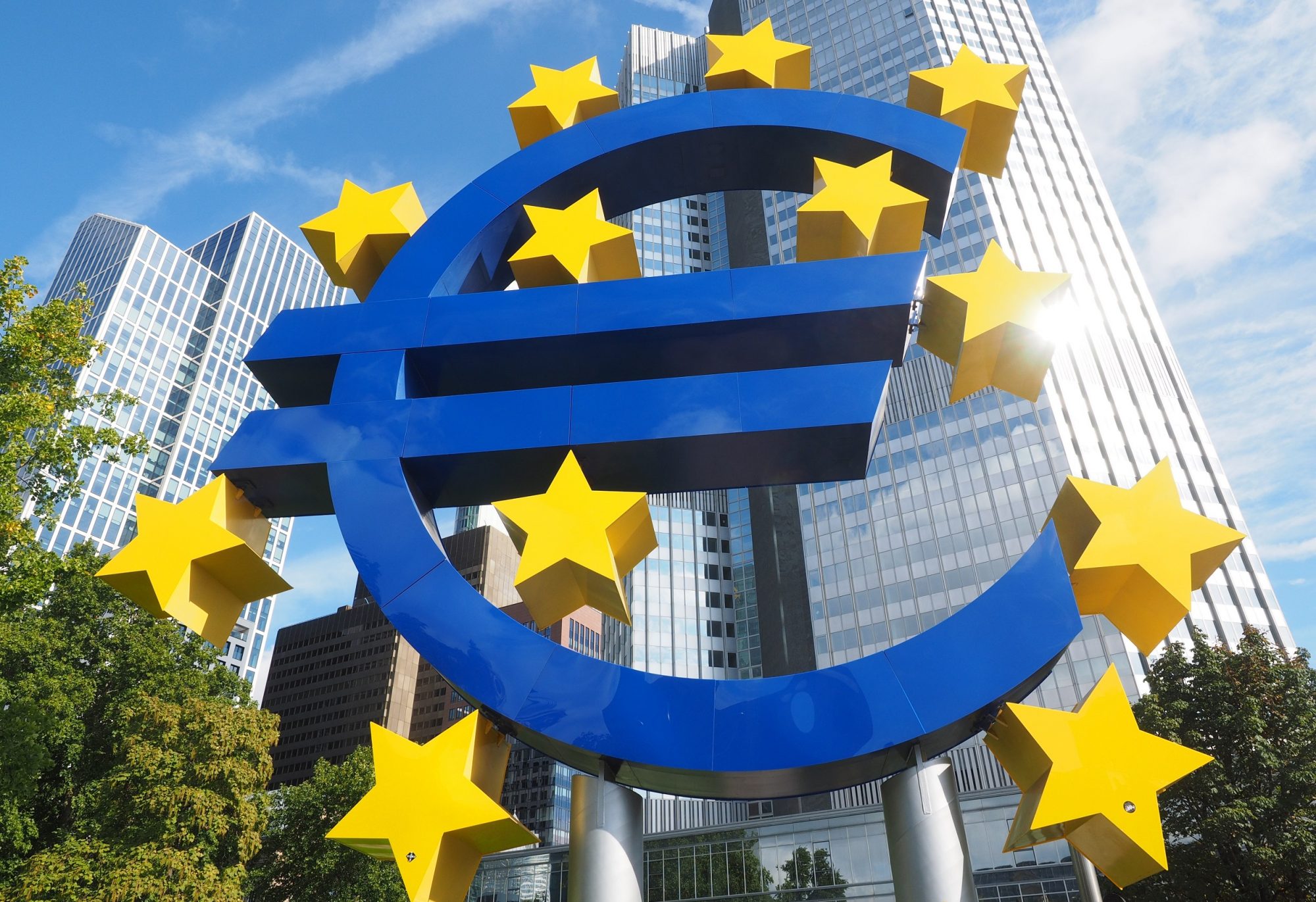The EU-Turkey summit of last Sunday cemented Turkey’s status as an indispensable partner in the management of the refugee flows towards Europe in the eyes of EU leaders – despite mounting concerns over the state of democracy in Turkey. To this end, the summit codified a broad array of rewards the EU will extend to Turkey should it actively assist in the refugee issue. Chief among them is the revival of Turkey’s long-stalled EU accession process.
This is a development that carries potentially major implications for Greek foreign policy, since the EU accession framework has formed the lynchpin of Greece’s policy towards Turkey since 1999 (the year Turkey became an accession candidate). Greek foreign policy relied on the EU accession framework to tame Turkish conduct in the Aegean and intransigence in Cyprus – especially because it was assumed that the EU-Turkey relationship would be (as is usually the case with prospective EU members) asymmetric. However, the EU is now induced to revive Turkey’s accession bid because the latter holds all the cards in the refugee crisis.
Greece is on the cutting edge of the refugee crisis. It bears the brunt of immense human flows (at some point to the magnitude of 10000 daily arrivals) while also dealing with the potential danger of being cut out of the Schengen zone by states further upstream the refugee corridor. Already the building of fences throughout the so-called ‘Balkan corridor’ (most recently on Greece’s border with FYROM) presages the kind of treatment Greece would receive if hardcore anti-refugee feelings became prevalent in the EU.
Luckily for Greece the tone in the EU is still being set by moderates – chiefly chancellor Merkel and the EU Commission. If Alexis Tsipras and SYRIZA’s leftist ideology put them at loggerheads with Greece’s EU partners over the economy and austerity, it has helped to align values, perspectives and interests between Athens, Berlin and Brussels (against such actors as governments in Eastern Europe or right-wing populists in Western Europe) in the context of the refugee crisis.
A combination of principle (ascribing to progressive values of humanism and solidarity), pragmatism (realizing that Greece alone could never cope with the refugee issue), and perhaps most importantly expediency (hoping to realize gains on the economic front as tradeoff in the future), has urged Tsipras to push Greece to the epicenter of EU crisis management. Greece’s participation in the mini-summit on the day before the EU-Turkey summit, where Germany assembled its closest allies in ‘core Europe’ (Netherlands, Belgium, Austria, Finland, Sweden), was an impressive reversal of Eurozone dynamics and an encouraging sign that Greece will be closely involved in processes of reinforcement or reform of Schengen.
Yet this policy has costs, not only on the refugee front (the EU relocation scheme proceeds painfully slow and Greece is bound to host thousands of refugees for an extended period of time) but also on the foreign policy front. A foundation of EU crisis management is cooperation with Turkey. In Greece this has stoked the old fear of operational ‘co-management’ of the Aegean with Turkey – and thus of dilution of Greek sovereignty. While EU proposals about joint Greek-Turkish patrols have been deflected by Greece, the refugee crisis has undoubtedly strengthened Turkey’s image in the EU as an indispensable force in the Aegean. Germany’s plans to institutionalize trilateral meetings with Greece and Turkey are proof of Turkey’s significance as a joint guarantor of Europe’s borders in the eyes of Greece’s EU partners.
A second issue concerns Cyprus. Cyprus in the past had taken the lead in blocking chapters of Turkey’s accession negotiation unless Turkey fulfilled various obligations towards it. The accession framework was supposed to be supportive of Greek concerns. But as the political weight of Turkey vis-à-vis the EU has increased markedly in recent months, this assumption no longer holds. Politically and symbolically, the urge with which the EU offered renewed impetus in accession negotiations with little awareness of Cypriot sensitivities was telling. The refugee crisis even threatened to draw a wedge between Greece and Cyprus – evidenced in the uproar in Cyprus over Tsipras’ statements during his visit to Ankara in November, when he supported Turkey’s accession bid but made little reference to Cypriot objections.
Greece and Cyprus still maintain institutional levers of control in the re-launched Turkish accession bid. Yet the political climate of the last few weeks is unmistakable – also taking into account Turkey’s central role in the Syrian war (which is also a severe aggravating factor in the refugee crisis). It is indeed a bitter irony for Greek foreign policy: For 15 years, aligning with European rules, norms and practices was seen as the best way to ‘civilize’ disputes with a bigger, stronger and unpredictable neighbor. Lying in the ‘hard core of European integration’ had become naturally complementary of national foreign policy goals for Greece. But now the dynamics seem wholly reversed.
Sticking to the plan of Germany and the Commission is the only way for Greece to achieve alleviation of its refugee burden and to secure its place in Schengen (or whatever succeeds it). The alternative (a wholesale rupture with the EU) is in all respects unpalatable for Greece. The once maverick Tsipras dutifully positions Greece in the European mainstream in the refugee issue (with his eyes set not only on the eventual relocation of some of the refugees from Greece but especially on a future arrangement of the Greek debt and perhaps alleviation of austerity). Yet it is this alignment with Europe, once seen as a guarantor for the democratic transformation and domestication of Turkish power, that now implies – indeed forces upon Greece – recognition of Turkey’s prominence in regional politics. The SYRIZA government seems willing to pay this price for the time being.
Note: This article gives the views of the author, not the position of Greece@LSE, the Hellenic Observatory or the London School of Economics.






